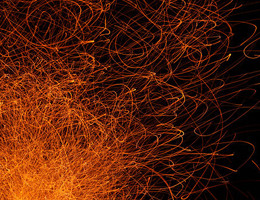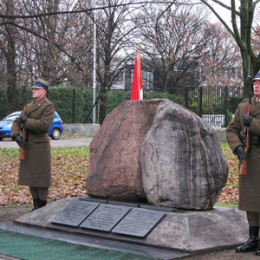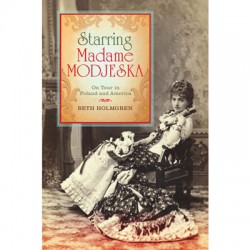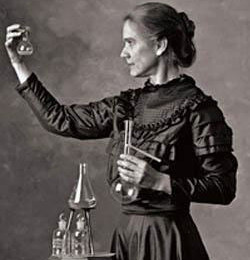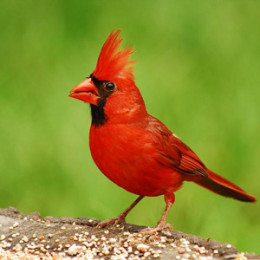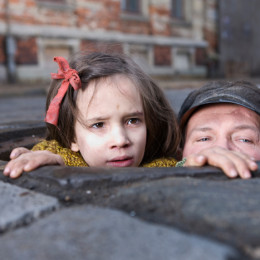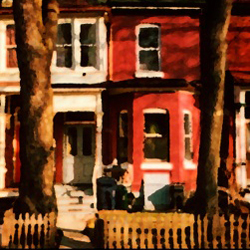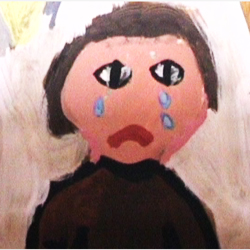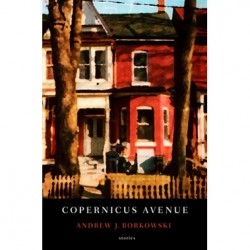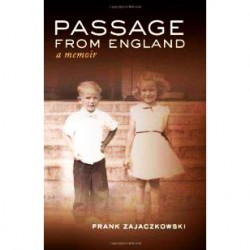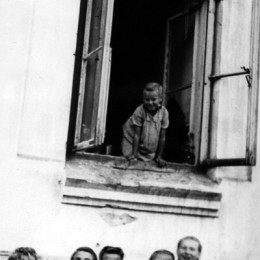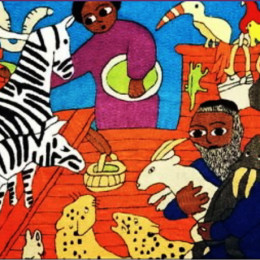2011 Vol. 3 No. 4 — Winter / Features
College graduates look back on their freshman year and know this: Wouldn’t it have been great to have a network right from the start? A spark. An idea, A conversation. Action. A new initiative in Canada’s Hamilton-Toronto area – and it’s spreading.
2011 Vol. 3 No. 4 — Winter / Commentary
Stories are like literary genetics, essential to one’s identity. But how does a storyteller rise above competing voices, break through non-stop background noise, and seduce an audience? Justine Jablonska looks at the issues and offers some possibilities.
2011 Vol. 3 No. 4 — Winter / Commentary
…there’s a symmetry between the Polish-Lithuanian Commonwealth and the French-English multicultural country I’ve grown up in… and it seems fitting that Polish and Canadian troops often fought side by side in WWII. That’s a good place to start rebuilding a sense of who I am, says Andrew Borkowski.
2011 Vol. 3 No. 4 — Winter / Books
Helena Modjeska, a great 19th century Polish actress who came to the US at age 30, learned enough English in six months to play Ophelia, except for the mad scene which was too difficult. So she played that in Polish and wowed them. Aren’t all madwomen incoherent anyway? Margaret Araneo reviews Beth Holmgren’s great book about the very talented, and very independent, Madame Modjeska.
2011 Vol. 3 No. 4 — Winter / Features
A spellbinding performance by a master storyteller.
2011 Vol. 3 No. 4 — Winter / Poetry
Poetry by John Minczeski; introduced by John Guzlowski
2011 Vol. 3 No. 3 — Fall / Films
Agnieszka Holland’s latest film is dedicated to Marek Edleman, the legendary leader of the Warsaw Ghetto Uprising and evokes passages of his book: “And there was love, too, in the ghetto…”
2011 Vol. 3 No. 3 — Fall / Commentary
The photo was unmistakably me, in Nehru shirt and bell bottoms, a cigarette dangling rakishly in my right hand… on the front page of Czechoslovakia’s Socialist Union of Youth newspaper.
2011 Vol. 3 No. 3 — Fall / Films / Interviews
Chicago-based filmmaker Chris Swider discusses his award-winning documentary, and why he chose to focus on the youngest “enemies of the State.”
2011 Vol. 3 No. 3 — Fall / Books
It’s only been since my father’s generation has begun to pass away that I’ve come to recognize that their stories are the richest part of my inheritance…
– Andrew J. Borkowski
2011 Vol. 3 No. 3 — Fall / Books
Frank Zajaczkowski’s memoir about growing up in a dysfunctional family and eventually learning his father’s story and coming to understand it.
2011 Vol. 3 No. 3 — Fall / Films
Polish Movie Nite: Polish cinema, viewed and reviewed by Americans, leads them to a better understanding of “the complexities of contemporary Poland.”
2011 Vol. 3 No. 3 — Fall / Poetry
by Oriana × on October 10, 2011 at 5:00 am ×
Oriana, a former journalist and community college instructor, now teaches poetry workshops. Her awards include The New Letters Award, Felix Pollack Award, and a residency at Yaddo. Her poems, essays, and translations have been published in Poetry, Ploughshares, Best American Poetry 1992, New Letters, Nimrod, The Iowa Review, Quarterly West, Texas Review, Wisconsin Review, American Poetry Review, Southern Poetry Review, Spoon River Review, and many other journals and anthologies.
